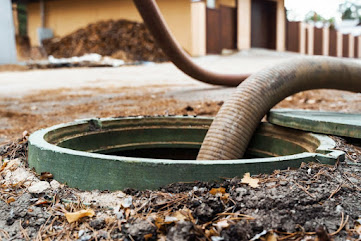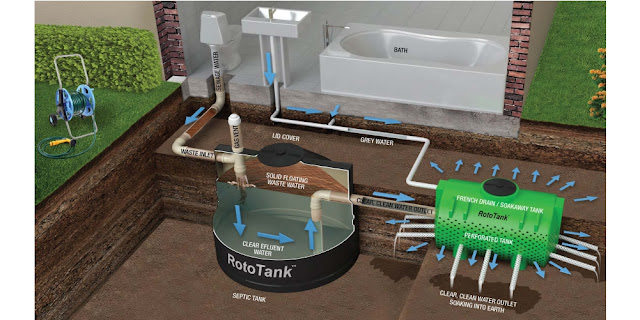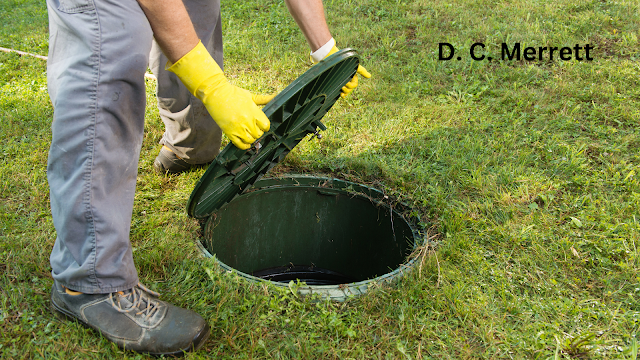How to Manage Septic Tank Emptying?
There are many problems in daily life. Septic tank blockages are one of them. Sometimes, this is a very big issue for homeownership or industrial management. Obviously, there are solutions.
A Comprehensive Guide to Efficient Septic Tank Emptying
Introduction:
Maintaining a septic tank is a crucial aspect of homeownership, especially in rural areas where main sewage connections are unavailable. Regular septic tank emptying prevents blockages, odours, and potential environmental harm. This guide will walk you through managing septic tank emptying.
Identifying Your Septic Tank System:
Before delving into the emptying process, it's important to understand the basics of your septic tank system. Typically, a septic tank is connected to your property's plumbing system and receives wastewater from toilets, sinks, showers, and other drains. The tank separates solid waste from liquid, with the liquid effluent draining into a soakaway or drainage field.
Regular Inspections:
Routine inspections are key to identifying potential issues before they escalate. Ensure that you inspect your septic tank at least once a year or as a professional recommends. Look for signs of sludge buildup, leaks, or any damage to the tank structure.
Schedule Professional Emptying:
Septic tanks must be emptied periodically to remove accumulated sludge and prevent blockages. The frequency of emptying depends on factors such as tank size, household size, and water usage. It's advisable to consult with a licensed professional to determine the optimal emptying schedule for your specific system.
Choose Licensed Waste Disposal Services:
When it comes time to empty your septic tank, enlist the services of a licensed waste disposal company. Ensure that the company is registered with the Environment Agency, ensuring environmental regulations compliance. A professional service will empty the tank efficiently and dispose of the waste responsibly.
Maintain a Record:
Record your septic tank maintenance, including inspection dates, emptying schedules, and any repairs or modifications. This documentation can be valuable for future reference and when selling your property.
Environmental Considerations:
Septic tank waste contains harmful bacteria and pollutants. It's crucial to ensure that the waste is disposed of in an environmentally friendly manner. Licensed waste disposal services adhere to regulations, preventing harm to the environment.
Conclusion:
Managing septic tank emptying requires a combination of regular inspections, professional services, and environmental responsibility. By staying proactive and working with licensed professionals, you can ensure the longevity and efficiency of your septic tank system while minimizing its impact on the environment.




Comments
Post a Comment